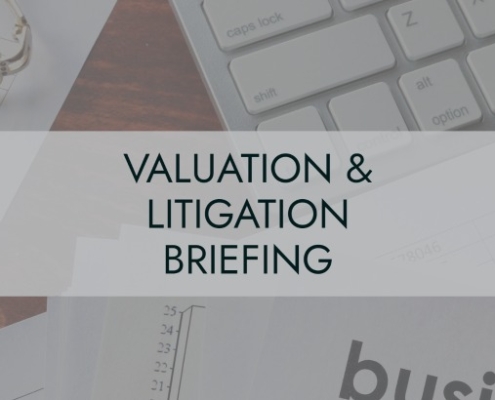Are You Prepared for the new IRS Partnership Audit Rules?
The “Bipartisan Budget Act of 2015” (the “BBA”) made sweeping changes to the rules governing IRS audits of partnerships and LLC’s filing as partnerships by streamlining the rules that apply to IRS’s partnership audit and collection processes. These rule changes, scheduled to take effect January 1, 2018, now allow the IRS to both assess and collect taxes at the partnership level. With these new rules, the IRS is expected to increase its audits of partnerships and LLC’s filing as partnerships, and those audits could have an adverse impact on any partnership or LLC interest held.
While the rules allow certain small partnerships to elect out of the new partnership audit procedures, the pros and cons of making that election must be carefully weighed. Many partnerships may need to make changes to their partnership agreements to accommodate the BBA.
In addition, all partnership returns will now require a “Partnership Representative” to be specifically named with the return. The representative may be an individual or an entity, and does not need to hold an interest in the partnership or LLC. However, the representative will have significant decision-making authority over audit issues, so it is imperative that partnerships and LLC’s filing as partnerships clearly understand the representative’s role and select one with great care.
Wouch, Maloney & Co. can help you navigate these new partnership rules and help you determine if your partnership is impacted by these changes.




 Wouch Maloney
Wouch Maloney
